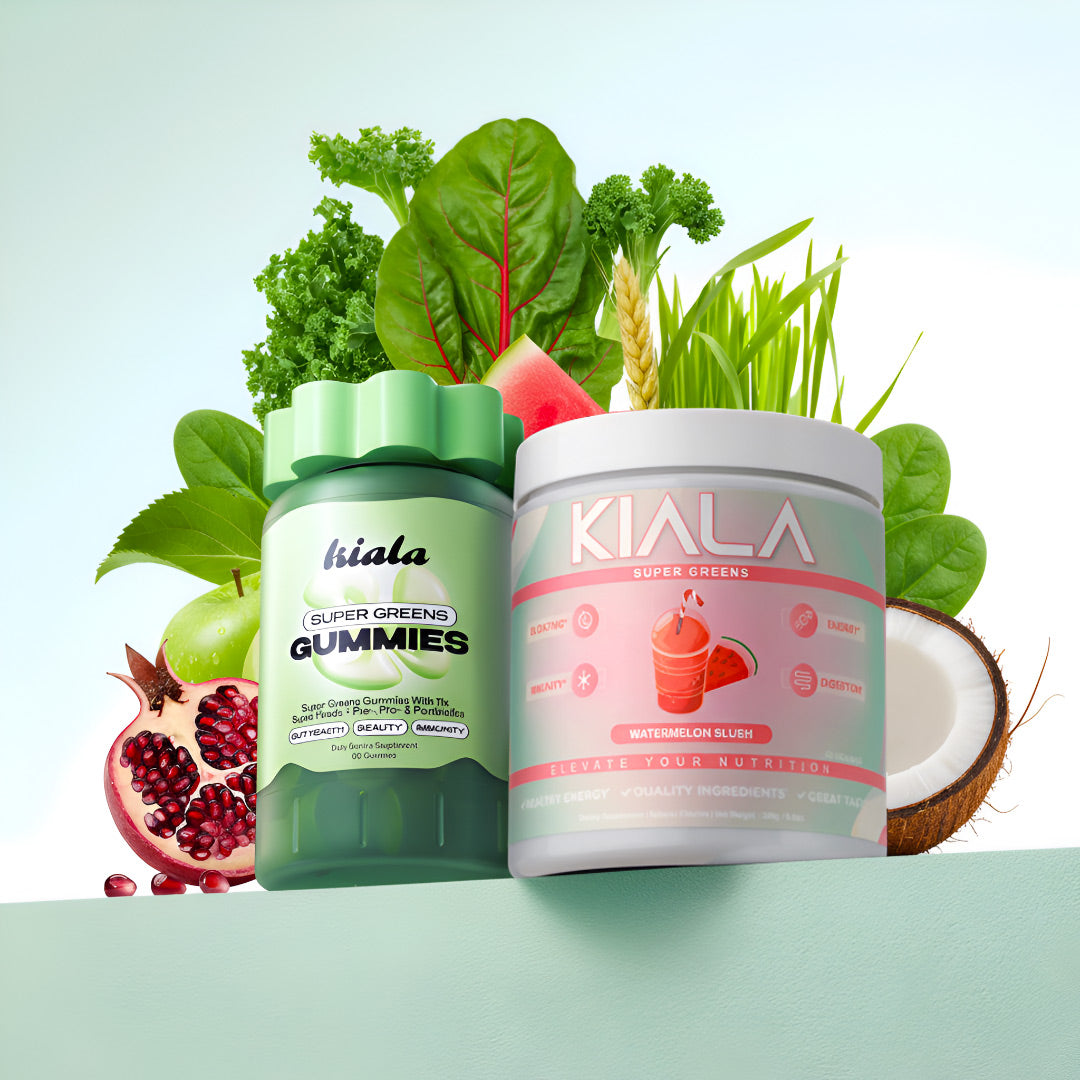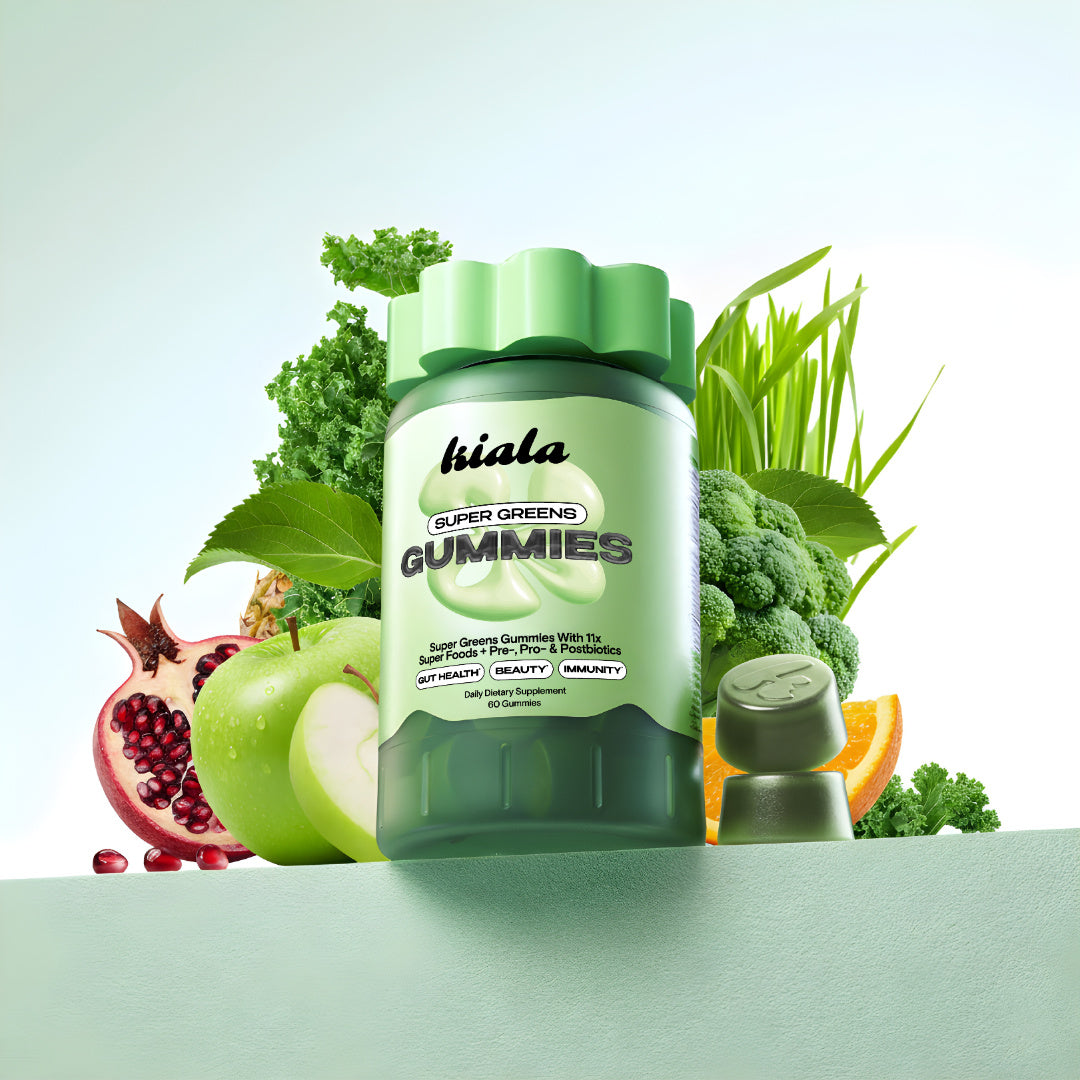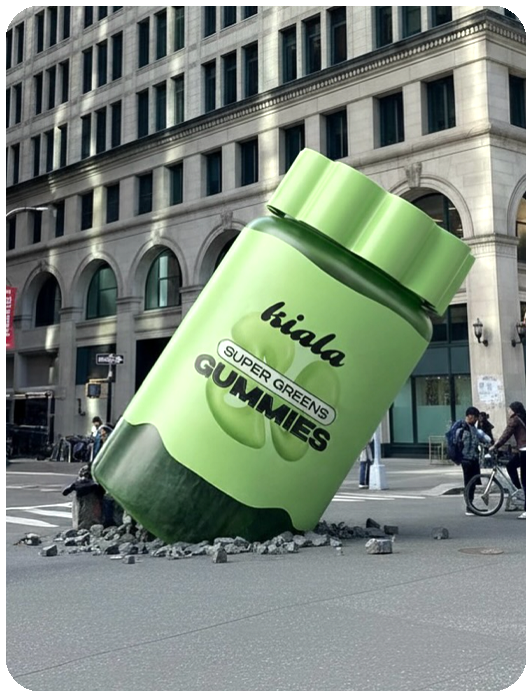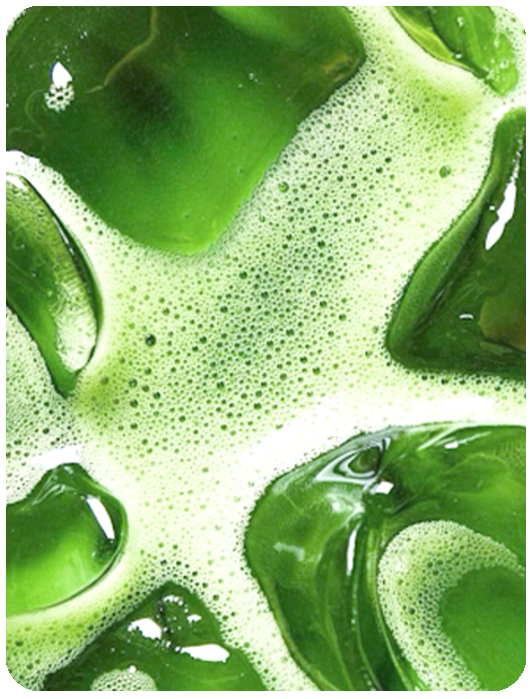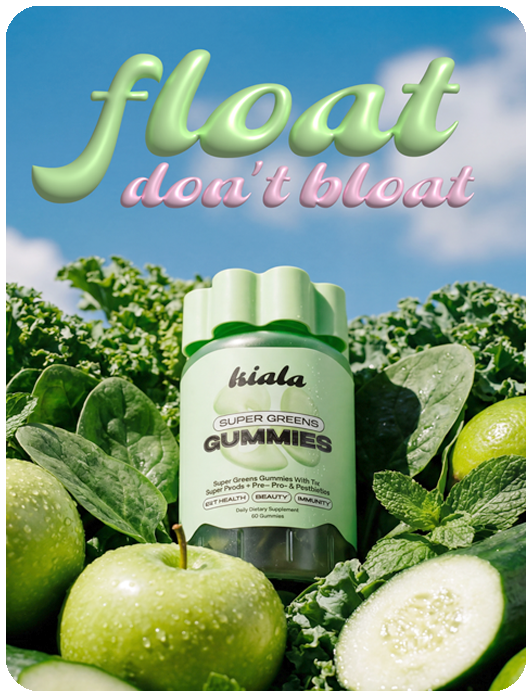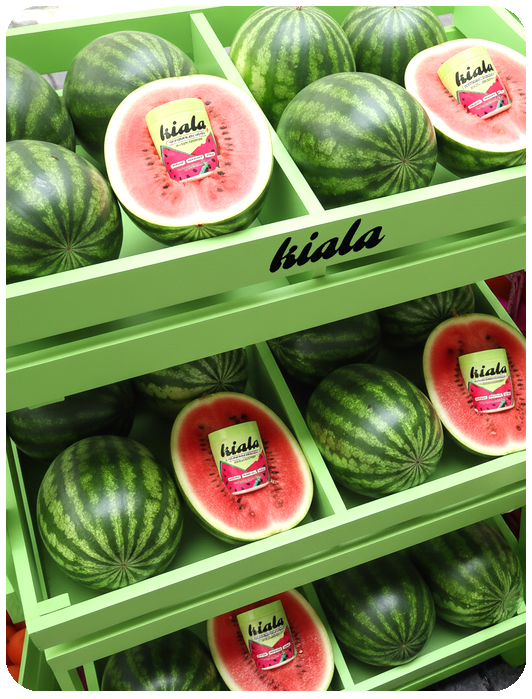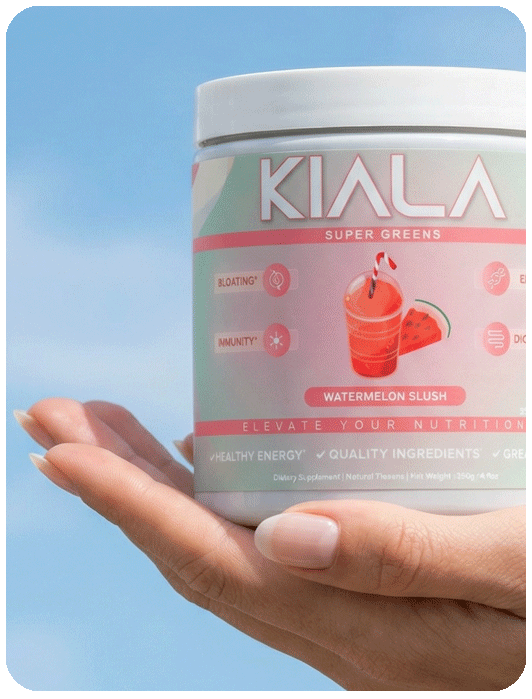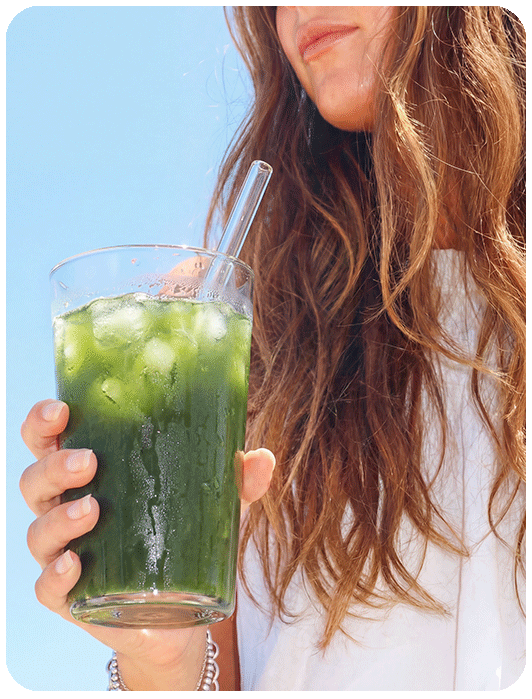The Cortisol Girlies Guide to Actually Managing Stress (Spoiler: It's Not Just Meditation)
If you've spent any time on wellness TikTok lately, you've probably encountered the "cortisol girlies"—women who've discovered that their chronic exhaustion, stubborn weight, and general feeling of being wired-yet-tired might actually be linked to their stress hormone levels. Finally, someone put a name to that feeling of running on empty while simultaneously being unable to slow down.
But here's where it gets frustrating: most of the advice floating around about managing cortisol reads like it was written by someone who's never had a real job. "Just meditate for an hour daily!" "Eliminate all stress from your life!" "Try this expensive adaptogen that tastes like dirt!"
Let's get real about what actually works for managing stress when you're living in the real world.
The Cortisol Reality Check
First, let's clarify what we're dealing with. Cortisol isn't inherently evil—it's actually essential for survival. The problem occurs when acute stress (think: running from a tiger) becomes chronic stress (think: your inbox, your commute, and your mother-in-law's unsolicited parenting advice all happening simultaneously).
Dr. Robert Sapolsky, Stanford neuroscientist and stress researcher, explains: "Cortisol is perfectly adapted for short-term physical emergencies. The problem is that our modern stressors are psychological and chronic, keeping cortisol elevated when it should naturally decline."
What Chronic Stress Actually Does
The Energy Paradox: High cortisol initially gives you energy, but chronic elevation leads to what researchers call "HPA axis dysfunction"—basically, your stress response system gets confused and starts working against you. You feel simultaneously wired and exhausted, craving both caffeine and a nap.
The Inflammation Connection: Chronic cortisol elevation triggers inflammatory pathways throughout the body. Dr. Elissa Epel, stress researcher at UCSF, notes: "Chronic stress creates a state of systemic inflammation that affects everything from digestion to immune function to skin health."
The Nutrient Depletion Factor: Here's what most wellness influencers don't mention: chronic stress literally depletes essential nutrients. Cortisol increases the body's need for B-vitamins, magnesium, vitamin C, and antioxidants while simultaneously impairing nutrient absorption. It's a double hit to your nutritional status.
Why "Just Meditate" Isn't Enough
Don't get us wrong—meditation can be helpful. But the idea that meditation alone will fix chronic stress is like suggesting you solve financial problems by thinking positive thoughts. It misses the bigger picture.
The Nutritional Component: Research published in Psychoneuroendocrinology shows that antioxidant status directly affects cortisol response. People with higher levels of vitamin C and polyphenols showed blunted cortisol reactions to stress. Translation: your nutrition directly impacts how your body handles stress.
The Blood Sugar Connection: Cortisol affects blood sugar regulation, and blood sugar fluctuations trigger more cortisol release. It's a vicious cycle that meditation alone can't break. Dr. Mark Hyman, functional medicine physician, explains: "Stable blood sugar is foundational to cortisol balance. You can't meditate your way out of a blood sugar rollercoaster."
The Science of Stress-Fighting Nutrition
This is where strategic nutrition becomes crucial for cortisol management.
Antioxidant Defense: Chronic stress increases oxidative damage, depleting your body's antioxidant reserves. Compounds like those found in green tea extract, turmeric, and berry extracts help replenish these reserves. A study in Nutritional Neuroscience found that people consuming diverse antioxidants showed significantly lower cortisol levels and better stress resilience.
Adaptogenic Support: While not all adaptogens are created equal, certain compounds genuinely help modulate stress response. Research shows that curcumin (from turmeric) helps regulate cortisol rhythm, while polyphenols from sources like elderberry and blueberry extract support healthy inflammatory response.
B-Vitamin Restoration: Chronic stress burns through B-vitamins faster than a Tesla burns through battery life. These vitamins are essential for neurotransmitter production and energy metabolism. Quality supergreens containing spirulina and wheatgrass provide bioavailable B-vitamins that stressed bodies desperately need.
Practical Stress Management That Actually Works
Here's what evidence-based stress management looks like for women with actual lives:
Morning Nutrition Optimization: Starting your day with stable blood sugar and comprehensive nutrition sets your stress response up for success. Instead of cortisol-spiking coffee on an empty stomach, consider pairing your caffeine with nutrient-dense supergreens that provide sustained energy without the crash.
Hydration + Electrolytes: Dehydration is a physical stressor that elevates cortisol. But chugging plain water isn't always the answer—stressed bodies need electrolyte balance. Ingredients like coconut water powder provide natural electrolytes that support proper hydration without added sugars.
Anti-Inflammatory Foods: Since chronic stress promotes inflammation, incorporating anti-inflammatory compounds becomes crucial. Ingredients like turmeric, garlic, oregano, and cinnamon—often found in comprehensive supergreens blends—provide daily anti-inflammatory support.
The Convenience Factor (Because Stress Management Can't Be Stressful)
Here's the thing about stress management advice: if implementing it creates more stress, you're missing the point. The most effective interventions are ones you can actually maintain consistently.
With over 1 million women incorporating supergreens into their daily routines, it's clear that simple, effective nutrition can be part of realistic stress management. When your micronutrient needs are covered with a delicious morning blend—whether it's Mixed Berry, Tropical Splash, or any flavor you actually enjoy—you've removed one decision from your day while supporting your stress response.
Quality Matters: Not all stress-fighting nutrition is created equal. Look for organic formulations that combine multiple stress-supporting compounds rather than isolated supplements that might miss key synergies.
Beyond the Wellness Theater
Real cortisol management isn't about perfect morning routines or expensive retreats. It's about consistent, science-backed interventions that fit into actual life.
Dr. Kelly McGonigal, Stanford psychologist and stress researcher, puts it perfectly: "The goal isn't to eliminate stress—it's to build resilience. Small, consistent practices that support your body's stress response are more effective than dramatic lifestyle overhauls you can't maintain."
The Bottom Line: Your cortisol levels are affected by sleep, nutrition, movement, and yes, stress management practices. But the foundation is ensuring your body has the nutritional resources it needs to handle whatever life throws at you.
Stop apologizing for needing support systems. Your stress is valid, your need for practical solutions is reasonable, and prioritizing your stress response through nutrition isn't self-indulgent—it's smart.
Sources:
-
Sapolsky, R. M. (2004). Why Zebras Don't Get Ulcers. Holt Paperbacks.
-
Epel, E., et al. (2018). More than a feeling: A unified view of stress measurement for population science. Frontiers in Neuroendocrinology, 49, 146-169.
-
Hyman, M. (2016). The Blood Sugar Solution. Little, Brown and Company.
-
Cartwright, M., et al. (2012). Stress and dietary practices in adolescents. Nutritional Neuroscience, 15(4), 176-180.
-
McGonigal, K. (2015). The Upside of Stress. Avery Publishing.
Ready to support your stress response with science-backed nutrition? Discover comprehensive supergreens that make daily wellness effortless. Join thousands of women who've simplified their stress management—because taking care of yourself shouldn't add to your stress.
Read more

Nutrient Timing: Does When You Take Your Greens Actually Matter? You've mastered what to eat, but now you're spiraling down the rabbit hole of when to eat it. Should you take your supergreens on an...

Supplement Shaming is So 2023: Why Smart Women Don't Apologize for Optimization Picture this: You're at brunch, casually mentioning your morning routine includes a greens powder, and suddenly Karen...
